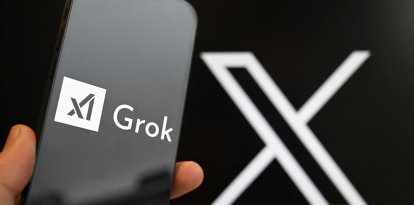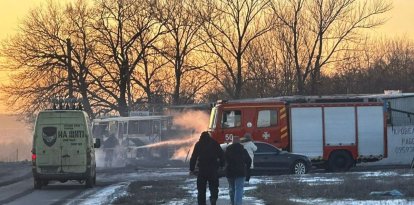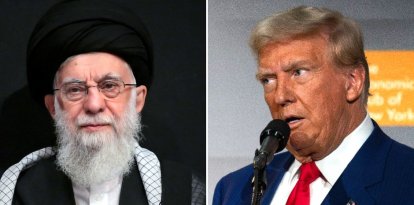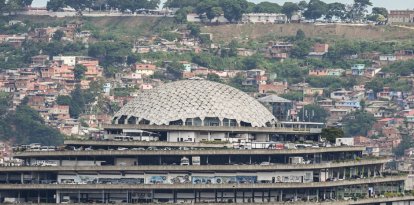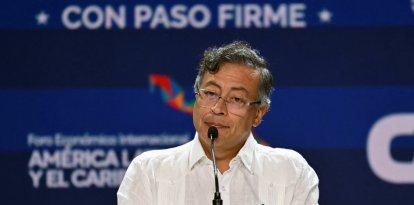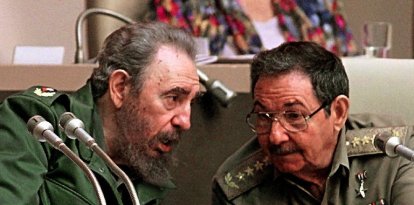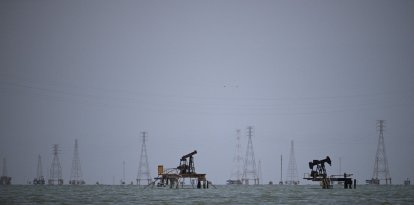Iran's upcoming presidential election: Meet the candidates
Of the six approved candidates, Speaker of Parliament Mohammed Bagher Qalibaf and Saeed Jalili, who has close ties Supreme Leader Ali Khamenei, are the favorites to occupy the presidency after the death of Ebrahim Raisi. A reformist and a cleric are the other candidates with the best chances to win.
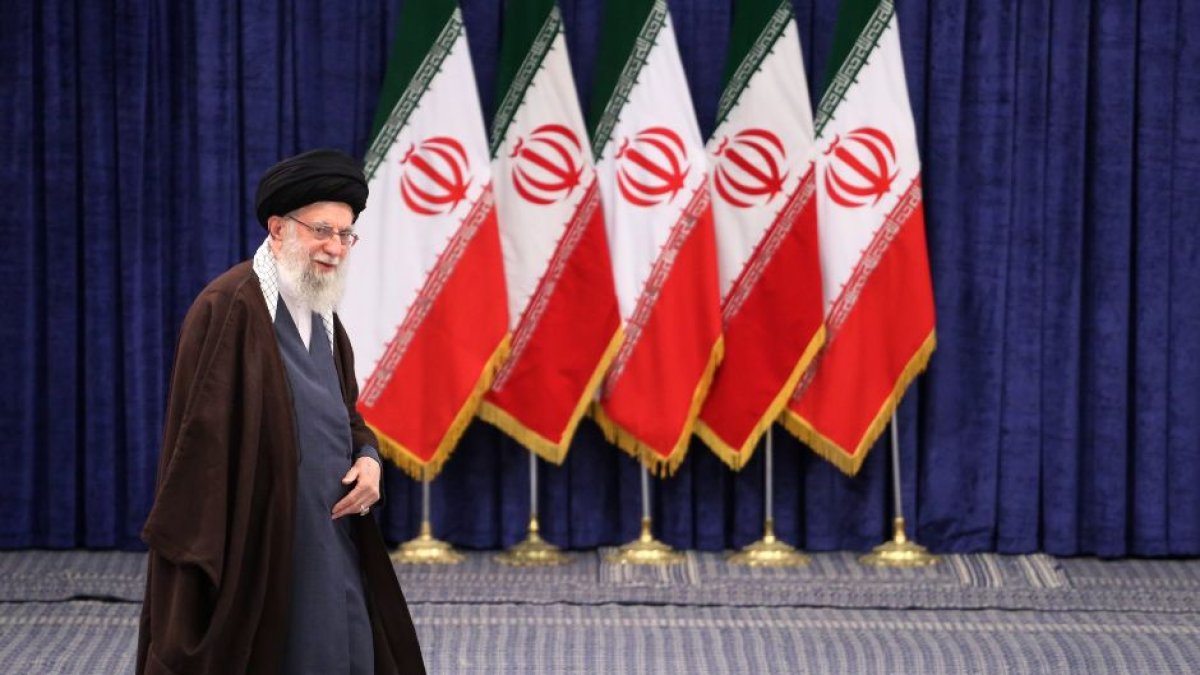
(Cordon Press)
Following the death of Iranian President Ebrahim Raisi, Iran is heading for new elections to see who will take office in a country whose power is consolidated by religious and military circles.
The country's highest authority is Supreme Leader Ali Khamenei, and the influence of the Islamic Revolutionary Guard Corps (IRGC) is increasing. For the presidency, two main candidates have emerged of the six approved among the more than 80 initial applicants: Saeed Jalili, member of the Coexistence Discernment Council and Khamenei's representative before the Supreme National Security Council, and Mohammed Bagher Qalibaf, former commander of the IRGC and current speaker of Parliament. Both candidates have tried unsuccessfully in the past to run for president.
Speaking to Newsweek, Ali Alfouneh, a senior fellow at the Arab Gulf States Institute in Washington, argued that "the IRGC is likely to win regardless of who is elected president."
In any case, Khamenei's favorite candidate is Jalili, so, according to the researcher, each vote in favor of Qalibaf will be considered a vote against the supreme leader.
While Jalili, who lost a leg in the war against Iraq, is Khamenei's favorite, Qalibaf's popularity and pragmatism could torpedo the supreme leader's hopes.
Alfoneh gave Newsweek a curious explanation for the popularity of Qalibaf, arguing that he is a pragmatic politician who enjoys the good life, which is why he attracts an audience that appreciates the pursuit of earthly pleasures over revolutionary ideology, despite his involvement in corruption cases.
Unlike Qalibaf, Jalili could increase tensions between authorities and society by empowering repressive forces such as the morality police.
'Decisive' election
Regarding foreign policy, the researcher pointed out that Jalili will likely adopt inflexible positions because he would be more dependent on Khamenei, who he says “usually blames presidents” for their mistakes. However, he added, Qalibaf is more self-confident and could revive a nuclear deal with the United States, provided Biden is reelected. Khamenei does not want to be held responsible for the diplomatic isolation and economic crisis, so it is likely that he will choose to collaborate with Qalibaf, should this candidate be elected.
Iranian journalist Saaed Azimi told Newsweek that Jalili could even withdraw Tehran's signature from the nuclear deal.
In the economic sphere, the reporter described the election as “decisive.” Should Jalili win, the situation would be difficult for Iranians, as his strict approach to foreign policy would close the door to foreign investment. Furthermore, his harsh position against freedom of speech, even on the internet, and his stance in favor of empowering forces such as the morality police, would not benefit citizens either.
The other candidates
The other presidential candidates are: Masoud Pezeshkian, parliamentary representative of the Tabriz, Osku and Azarshahr electoral district; Mostafa Pourmohammadi, former minister of justice; Amirhossein Ghazizadeh Hashemi, vice president of Iran; and Alireza Zakani, mayor of Tehran.
Among these candidates, Pezeshkian is the only reformist, and Pourmohammadi is the only cleric.
Pourmohammadi worked with three Iranian presidents with different perspectives, and according to Azami, he “is popular with both conservatives and moderates.”
Regarding Pezeshkian, Azami said that he may have some advantage in terms of street support, since a significant part of the "silent majority" considers that he is “their voice.” This candidate could revive the nuclear deal and relax internet restrictions and laws related to the use of hijabs.
The outcome of the election is difficult to predict, as most candidates have few credentials known to the public. According to Iranian journalist Fereshteh Sadeghi for Newsweek, only Mohammad Bagher Qalibaf is widely known, but he reiterated that "being renowned doesn't necessarily mean being popular."













